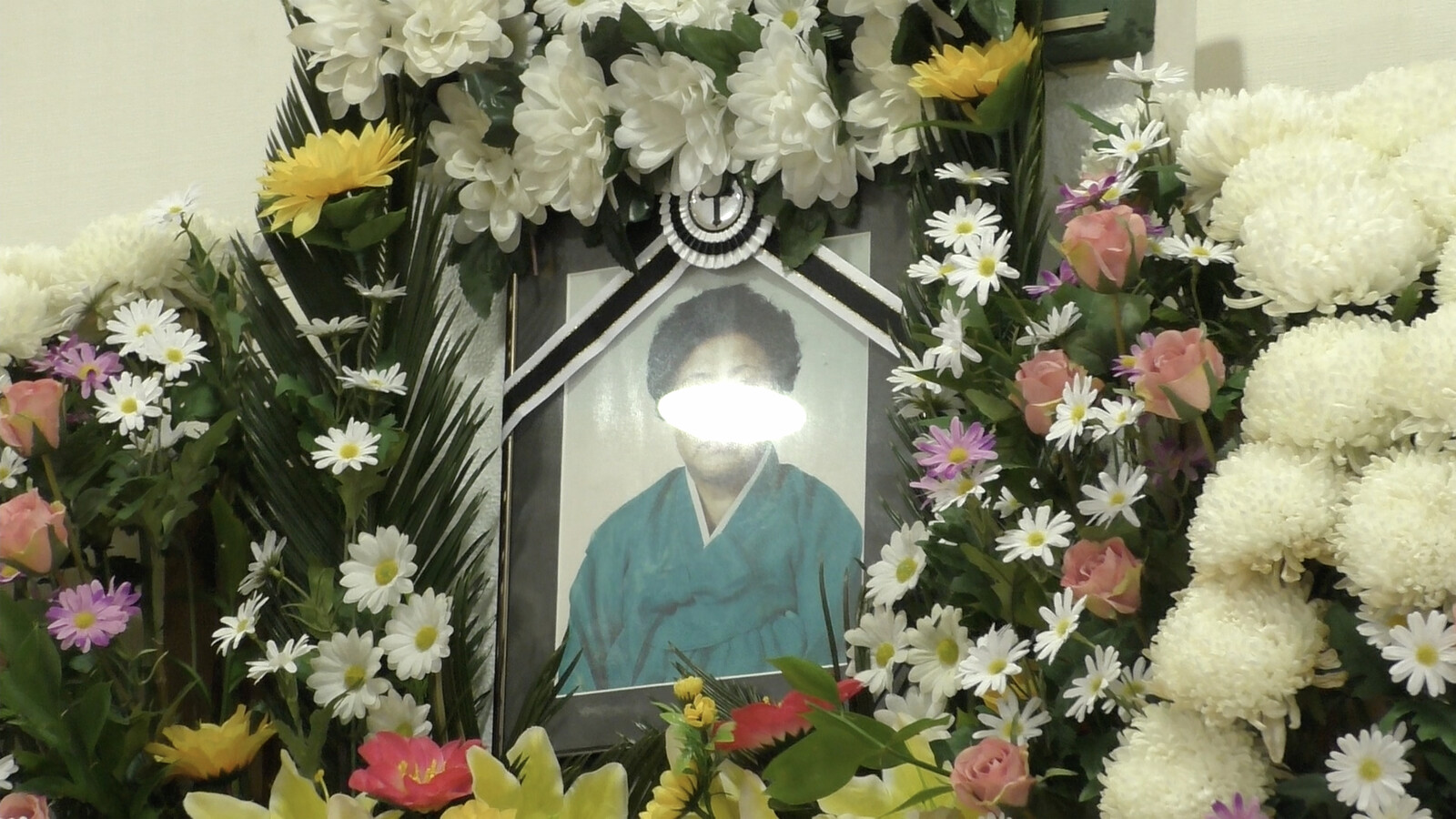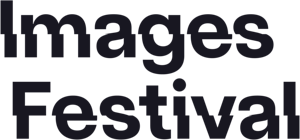(G)hosts
April 13–26, 2023
Images Festival announces the full program lineup for its 36th edition, G(hosts), taking place from April 13 to 26, 2023 in Toronto, Canada. This year’s festival will feature an incredible group of films, videos, performances, workshops and exhibitions by emerging and established artists, filmmakers, and creative practitioners from Toronto and around the world.
The 36th Annual Images Festival presents a nestling of two concepts: ghost and host. Though inlaid, these two words suggest entirely different ontological states: one of spiritual liminality—an ethereal in-between on the way to elsewhere—and the other consequential, rooted and embodied. This complexity echoes the stuff of moving images: present yet past, visible yet elsewhere, physical yet representative. A theme such as G(hosts) invites audiences to consider the links between spectrality and moving image culture, both in form and in content.
The festival opens on April 13 with the world premiere of So To Speak, Light by Wonwoo Kim, while the pre-opener, A Woman Escapes, a collaborative feature by Sofia Bohdanowicz, Burak Çevik, and Blake Williams in partnership with TIFF Wavelengths, will be presented on April 12. The feature films lineup also includes Nadia Shihab’s Sister Mother Lover Child, A Name for What I Am by Marta Pessoa and Susana Moreira Marques, Denim Sky by Rosalind Nashashibi, Kumina Queen by Nyasha Laing, Oriana by Beatriz Santiago Muñoz, Niña Hermosa by Sebastián Salfate Devés, and Women Minor Speculations by Nicole Hewitt which will be presented across multiple locations such as the TIFF Bell Lightbox, Canadian Filmmakers Distribution Centre (CFMDC), Innis Town Hall, and The Revue.
This year’s program additionally includes more than 115 artists, over 100 films, 10 world premieres, 25 Canadian and 10 Toronto premieres, 27 screenings, 18 conversations, 6 multidisciplinary exhibitions, as well as a range of special events, talks, and workshops. Invited guest curators Emma Steen, Helen Lee, Nasrin Himada, Nora Rosenthal, Sarah Edo, Samay Arcentales Cajas, Tyisha Murphy, Yasmin Nurming-Por, along with our Programming Director Jaclyn Quaresma have conceptualized programs that explore the theme in multiple ways, highlighting a breadth of contemporary moving image practices.
Artists include
Adam Mbowe, Alize Zorlutuna, Bani Khoshnoudi, Beatriz Santiago Muñoz, Benny Nemer, Blake Williams, Claudio Caldini, Elizabeth M. Webb, Erin Johnson, Gelare Khoshgozaran, João Pedro Rodrigues, João Rui Guerra da Mata, Keenan MacWilliam, Kriss Li, Louise Liliefeldt, María Silvia Esteve, Marta Pessoa, Maxime Jean-Baptiste, Michael Balser, Michael Caines, Michael Snow, Mike Hoolboom, Miryam Charles, naakita feldman-kiss, Nada El-Omari, Naghmeh Abbasi, Natalie King, Nicole Hewitt, Onyeka Igwe, Parastoo Anoushahpour, Rosalind Nashashibi, Sameer Farooq, Siavash Abbasi, Silvia Kolbowski, Sofïa Gallisá Muriente, Sofia Bohdanowicz, Susana Moreira Marques, Tanya Lukin Linklater, Terry J. Jones, Tomonari Nishikawa, Ufuoma Essi, Wonwoo Kim, Xenia Matthews, Zinnia Naqvi, among others.
A note on Images Festival’s programming streams
In consideration of the complex relationship between screens, internet access, and moving-image culture, Images Festival acknowledges that our traditional program streams—ON Screen and OFF Screen, first introduced in 2005—are no longer representative of our current-day practices of looking. From the cables that cross ocean floors, immense data storage centres, and the countless connections made between people through their myriad devices, it has become clear that the contemporary lived experience in Toronto is rarely bifurcated by the digital and physical worlds.
As such, the programming streams for this year’s event provide two different types of experiences: “Online” and “AFK (Away From the Keyboard)”.
The “Online” programming stream is accessible to anyone with an Internet connection and a digital device, regardless of their location. This means that participants can watch and engage with the programming from any location outside of the festival venue. The “Online” programming includes virtual screenings, Q&A sessions, and other interactive events that can be accessed remotely.
The “AFK” programming stream is location-based and requires physical attendance at a specific venue or location. These programs cannot be accessed remotely and participants must be present at the designated location to experience the programming. The AFK programs include in-person film screenings, workshops, talks, and other events that provide a hands-on, in-person experience for participants.
This year’s festival is presented in partnership with TIFF Wavelengths, Innis Town Hall, Canadian Filmmakers Distribution Centre (CFMDC), Vtape, Liaison of Independent Filmmakers of Toronto (LIFT), Charles Street Video (CSV), Franz Kaka, Mercer Union, The Robert McLaughlin Gallery, The Revue, and Commerce Court.
For the full program lineup and to purchase tickets, please visit the Images Festival website and don’t forget to subscribe to our newsletter to receive updates about upcoming events and programming.
For media-specific inquiries, please contact Claudia Arana at: press [at] imagesfestival.com.
About Images Festival
Images Festival is a platform for the exhibition and discourse of independent film and media art. Created in 1987, Images has spent the last 36 years presenting media works that are challenging in their form and content. Images showcases the intersection of emerging and established practices and invites open critical dialogue in the film and media arts community around the political herstories of moving image production, distribution, exhibition, and representation.
The land on which we gather and organize is the territory of the Anishinaabe, the Chippewa, the Haudenosaunee, the Huron-Wendat, and the Mississaugas of the Credit First Nation. Today, the meeting place of Tkarón:to is home to many Indigenous people. A territorial acknowledgement can demonstrate a coming to awareness, and provoke thought and reflection, all of which are essential in beginning to establish reciprocal relations. This acknowledgement should not function as closure, resignation, or acceptance of the structural conditions of settler colonialism that remain in effect today. Images Festival will continue to ask what it means for us to keep open a spirit of sustained inquiry into the complexities of our context.



